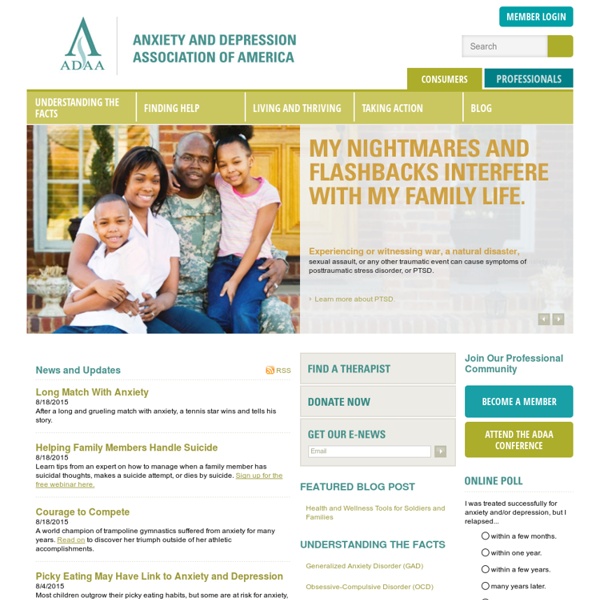Anxiety and Depression Association of America, ADAA

AAFRP
Tears and Hope - the infertility awareness project
For the One Who Married Young | Addie Zierman | How To Talk Evangelical
My husband Andrew and I celebrate our 10 year wedding anniversary tomorrow. We got married when I was barely 20 and he was barely 22, and everyone shook their heads and smiled knowingly. Of course, I had to write something for the occasion. This one’s for the completely smitten college kids – the ones who got married at 19 in the church basement. For the young lovers – and for the older ones – who figured out marriage is much more beautiful and terrible, simple and complicated than you ever could have imagined. You should know – first of all – that you will regret those light-pink bridesmaid dresses. You’ll remember exactly two of the things on your plate at the reception. You’ll choose friends to stand next to you who are incomparably significant to you in your life right now. And maybe they will stay in your life for all the years ahead, bolstering this marriage with their friendship and love. But maybe they won’t. Maybe they’ll move away or move on. Marriage is like that. Don’t.
Related:
Related:



